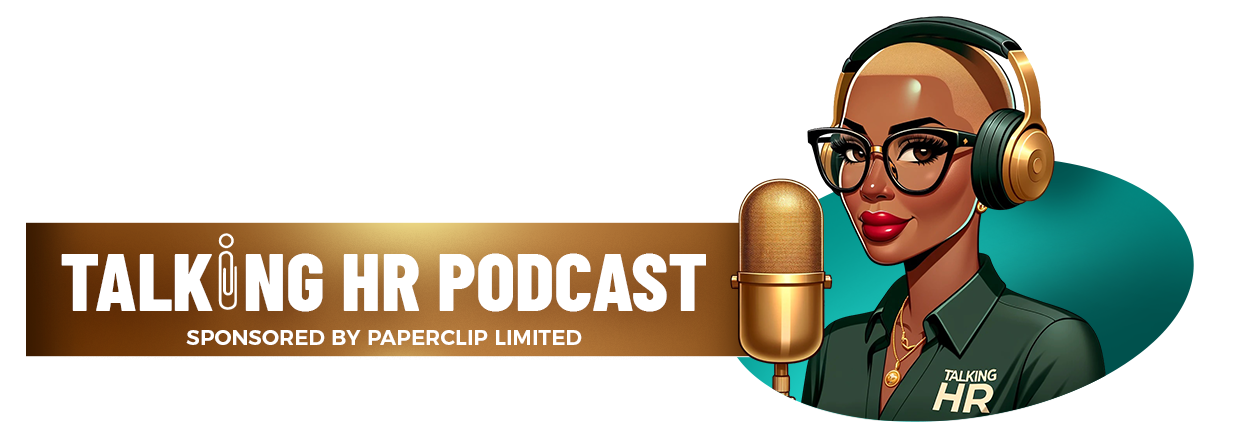Human Resources (HR) plays a crucial role in ensuring the efficient functioning of a company’s most valuable resource: its people. Despite this, HR professionals frequently face unique challenges and misconceptions. This post delves into the often unnoticed difficulties that HR professionals encounter and highlights the importance of advocacy for this vital department.
Often misunderstood, HR is seen as the company’s enforcer, the bearers of bad news, and the rule keepers. This perception doesn’t reflect the reality of HR’s diverse and complex responsibilities. From recruiting and onboarding to managing employee relations, benefits, and compliance, HR holds an organization together. Despite their critical role, HR professionals often find themselves in challenging positions.
HR as the Scapegoat in Corporate Politics
A significant challenge for HR is being wrongly blamed for decisions made by upper management. When layoffs or unpopular policies are implemented, HR is often the visible face of these actions, leading employees to direct their frustration and resentment towards them. This blame is misplaced, as HR typically carries out decisions rather than making them.
For instance, decisions on firings are usually made by department managers based on performance reviews, budget constraints, or other departmental needs. HR’s role in these situations is to deliver the news and manage the administrative process. However, because HR communicates these difficult messages, they become the target of employee frustration and resentment. This dynamic creates a challenging environment for HR professionals, who are caught between executing necessary business decisions and maintaining a positive workplace atmosphere.
Misinformation and Lies
Another challenge for HR is dealing with misinformation and lies within the workplace. Whether it’s false claims by employees or miscommunication from leadership, HR professionals must navigate these murky waters carefully. They are tasked with investigating issues, mediating disputes, and ensuring fair treatment, all while maintaining confidentiality and professionalism. This balancing act is stressful and often thankless.
The Hidden Emotional Burden
The emotional toll on HR professionals is another critical aspect that is rarely acknowledged. They are the ones who deliver difficult news, handle sensitive employee issues, and mediate conflicts. The emotional labor involved in these tasks can lead to burnout and compassion fatigue. Unlike other departments, HR does not always have a dedicated support system to help them cope with these stresses.
The Influence of HR on Company Culture
HR’s work significantly impacts company culture. They are instrumental in fostering a positive, inclusive, and productive work environment. By implementing effective training programs, promoting diversity and inclusion, and ensuring employee well-being, HR helps build a culture that attracts and retains top talent. Recognizing and supporting HR’s role in shaping company culture is vital for organizational success.
The Importance of HR Advocacy
Given these challenges, it’s crucial to have advocates for HR within the organization. Advocacy can take many forms, from senior leadership acknowledging and supporting HR’s role to ensuring HR professionals have access to the same mental health resources as other employees. Peer support groups and professional networks can also provide valuable outlets for HR professionals to share experiences and strategies.
Effective Strategies for HR Advocacy
Leadership Support: Senior leaders should publicly acknowledge the critical role of HR and involve them in strategic decision-making processes.
Mental Health Resources: Providing HR professionals with access to mental health resources, including counseling and stress management programs, can help mitigate the emotional toll of their work.
Professional Development: Investing in continuous professional development for HR staff helps them stay updated with the latest practices and enhances their effectiveness.
Transparent Communication: Encouraging open communication between HR and other departments helps build trust and dispel misconceptions.
Peer Support Networks: Establishing internal or external peer support networks allows HR professionals to share their challenges and solutions with colleagues facing similar issues.
Fostering a Culture of Respect
Creating a culture of respect and understanding towards HR is essential. This starts with educating employees about the true scope of HR’s responsibilities and the challenges they face. Transparent communication from leadership can also help in dispelling myths and fostering a more supportive environment. Recognizing HR’s contributions during company meetings and providing platforms for HR professionals to voice their insights can further integrate HR into the fabric of the organization.
HR professionals are often the unsung heroes of the corporate world. They navigate a minefield of challenges, from being unfairly blamed to dealing with lies and misinformation, all while ensuring the well-being of the workforce. Advocacy for HR is not just about recognizing their contributions but also providing the necessary support and respect they deserve. As organizations strive to create more inclusive and supportive environments, the advocacy for HR should be at the forefront of these efforts.
For organizations, it’s essential to regularly recognize and celebrate the contributions of your HR team, ensuring they have access to the necessary resources and support to thrive. Promote transparency and collaboration between HR and other departments to foster open communication. For individuals, educate yourself on the challenges HR professionals face and appreciate their role, extend support and empathy towards your HR colleagues, and use your voice to advocate for better support and recognition of HR within your organization.
Stay tuned for our upcoming podcast episode where we will unpack this topic even more, Don’t miss it! Subscribe to our podcast or YouTube channel to stay updated.




Leave a Reply